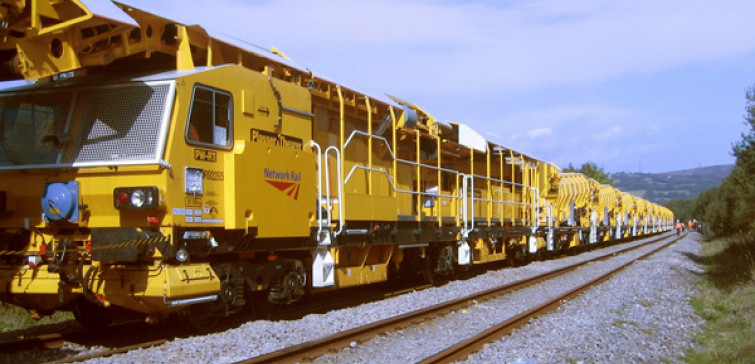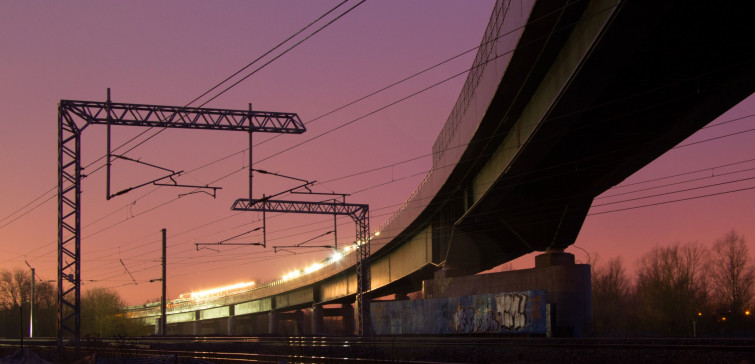The planning and management of engineering possessions is a complex activity with significant risks. Work needs to be planned weeks or even years in advance and carried out to avoid interruption of train movements and furthermore if engineering works are not completed further possessions may incur additional cost.
A key requirement of modern railway operational analysis is the ability to analyse and assess possession management to ensure the successful completion of planned engineering projects whilst reducing levels of both planned and unplanned disruption to train services. Like many railways Network Rail faces numerous challenges when planning and managing possessions including:
- ensuring applicable safety systems and processes involved in the planning of work-flows and possessions
- the need to increasingly move towards a 24-hour a day, 365 days a year operation, whilst simultaneously maintaining the infrastructure throughout the year to ensure the safety and reliability of the network
- the possible need to plan and agree engineering projects with the train and freight-operating bodies many months in and sometimes years in advance of any possession
- works may form parts of bigger and more complex programs of work so if one part of a project plan changes, it could affect other stages of development
- potential demands on maintenance and engineering staff with work needing to be carried out at all times of day and night.
Network Rail has a strong experience in the area of possession management and analysis. Recent successes in possession management in the UK include non-disruptive possession for the redevelopment of major stations such as St Pancras, King’s Cross and Reading, and also for major infrastructure works such as Hitchin Flyover and Blackfriars Bridge. Our particular expertise includes:
- engineering train performance and root cause analysis for late arrivals and improvement measures
- logistical assessment for problematic possessions to ensure lessons learnt incorporated in future possessions
- supplier assessment to document performance of suppliers and ensure their robust management;
- works planning assessment to ensure appropriate time is planned for works with sufficient contingency time;
- protection assessment to correctly calculate the time taken for the establishment and removal of protection on different routes.







